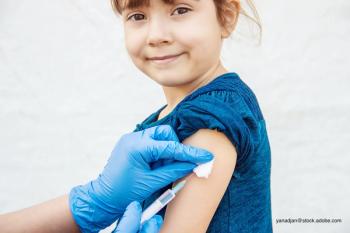
Contemporary Pediatrics sat down with Dr. Donna Hallas to discuss how to communicate with parents as well as how to address vaccines missed because of the pandemic.
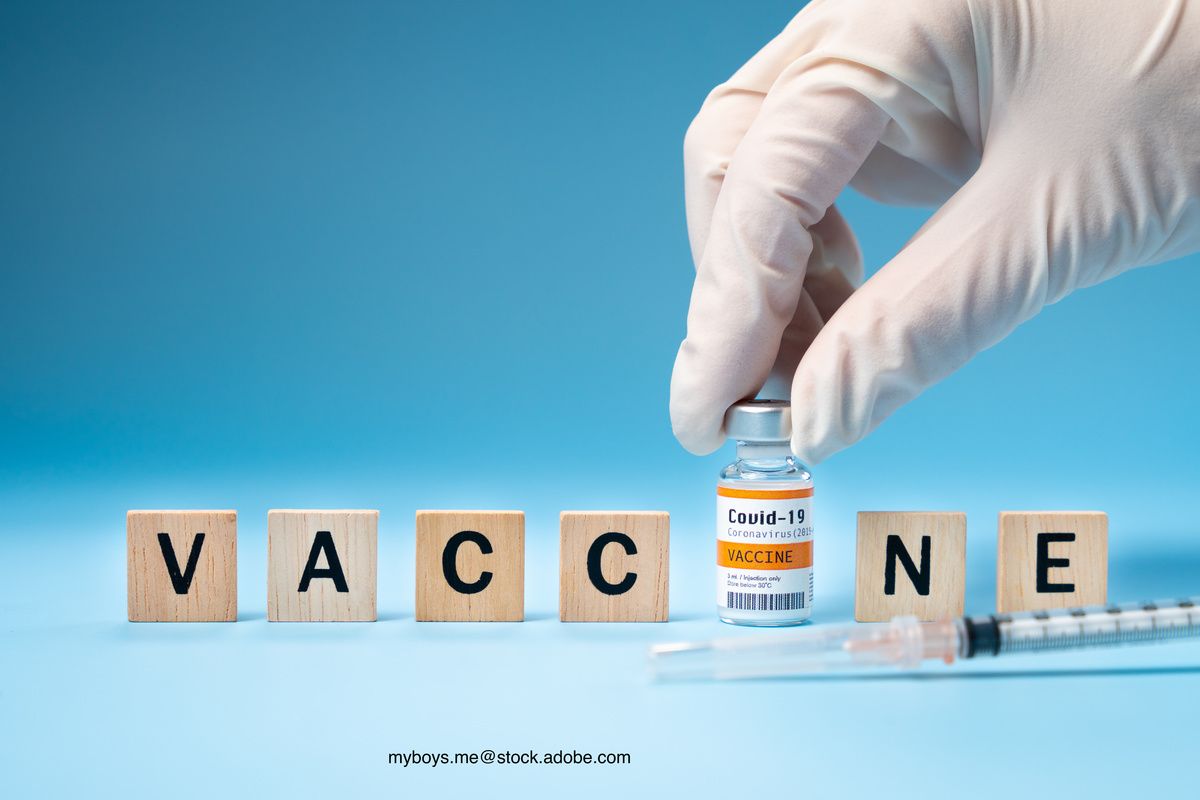

Contemporary Pediatrics sat down with Dr. Donna Hallas to discuss how to communicate with parents as well as how to address vaccines missed because of the pandemic.
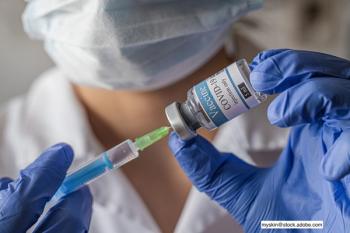
The American Academy of Pediatrics (AAP) issued a statement that urges parents get all children and teenagers aged 12 and older vaccinated with Pfizer/BioNTech vaccine, which recently had its authorization expanded.
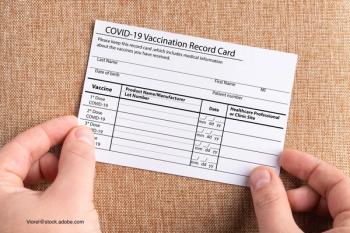
The US Food and Drug Administration expanded the emergency use authorization of the 2-dose vaccine to include children aged 12 to 15 years.
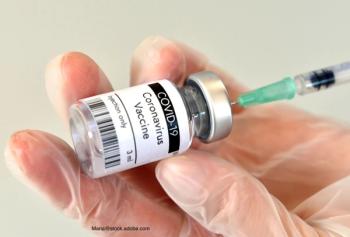
The International Society for Vaccines (ISV) presented its fifth update on COVID-19 vaccines around the world. This update focused on vaccines produced in China.
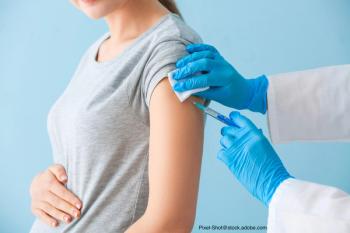
It’s not common, but some women may have been given the 9-valent human papillomavirus (HPV) vaccine either during or before pregnancy. A study examines the effect of such exposure on adverse birth outcomes.
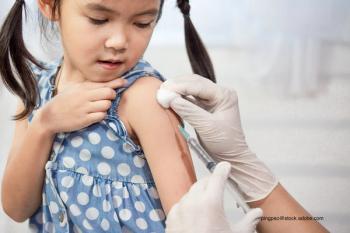
Tackling vaccine hesitancy for the coronavirus disease 2019 (COVID-19) is going to be an important component of achieving the herd immunity needed to end the pandemic.
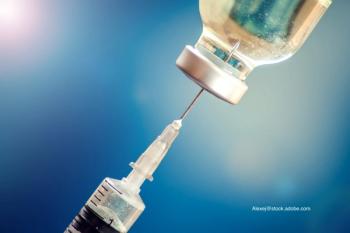
Pfizer/BioNTech has released data on their coronavirus disease 2019 (COVID-19) vaccine that indicates that its highly effective in children aged 12 to 15 years.

Moderna announces beginning of coronavirus disease 2019 (COVID-19) vaccine trial that include children aged 6 months to >12 years.
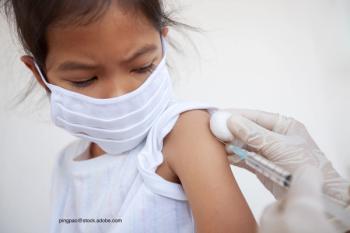
A safe coronavirus 2019 disease (COVID-19) vaccine that can be administered to most of the pediatric population is a necessity for ending the pandemic, but trials for younger children have not occurred. The president of the American Academy of Pediatrics (AAP) wrote to key COVID-19 officials about the need to change this.
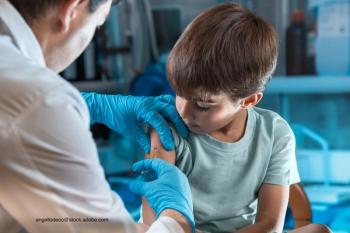
As the 2020-2021 influenza season loomed, many in health care worried that the seasonal disease would add to the extraordinary burden of coronavirus disease 2019 and create a perfect storm. Have various prevention strategies helped prevent this potential issue?

Vaccine hesitancy is nothing new in pediatrics. However, the increased hesitancy for the COVID-19 vaccine could prove problematic.
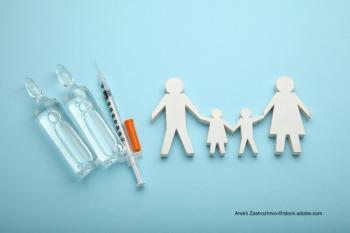
Improving influenza vaccination coverage is important for all children, but some are at greater risk for poorer outcomes. A review examines whether interventions can improve vaccine coverage.

A report examines if the influenza and pneumococcal vaccine has a protective effect against COVID-19.

The American Academy of Pediatrics (AAP) has issued initial guidance for COVID-19 vaccination in pediatrics.

Moderna has announced further research into whether a booster shot could provide additional protection with new COVID-19 variants.

The COVID-19 vaccine, and the speed at which it was developed, is the medical breakthrough of our lifetimes.

Social distancing measures may have helped slow the spread of COVID-19 in the early days of the pandemic, but an investigation indicates an unintended and potentially problematic consequence: a decline in vaccination.
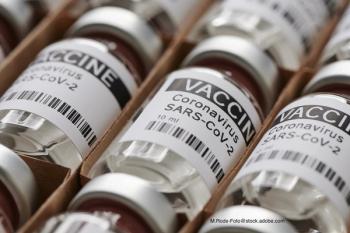
Following the green light from the vaccine advisory committee, the US Food and Drug Administration has given emergency use authorization for the Pfizer/BioNTech COVID-19 vaccine, making it the first vaccine for COVID-19 approved for use in the United States.

The US Food and Drug Administration (FDA) vaccine committee has given the green light to the the Pfizer/BioNTech vaccine, meaning approval may happen in a matter of days.
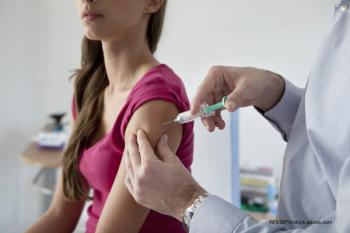
The United States has been working on increasing human papillomavirus (HPV) vaccine coverage, with many potential interventions suggested. Are these interventions both effective and cost-effective?
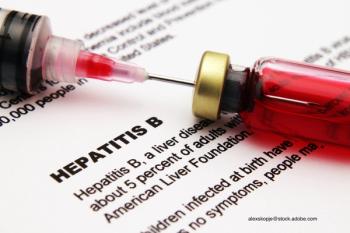
The hepatitis B vaccine represents the best way to prevent the disease, which has no cure. An investigation looks at how long vaccine-linked immunity might last.

Vaccine hesitancy has led to reductions in many childhood vaccines. A report offers insight into how it impacts influenza vaccination.

Pfizer and BioNTech have released interim information on their Phase 3 COVID-19 vaccine trial.
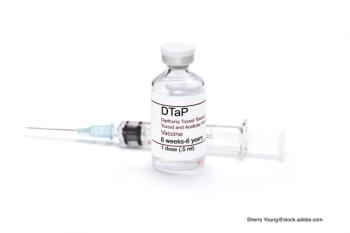
With a rise in vaccine hesitancy, it’s more important than ever to have strong vaccine adherence. A poster at the virtual 2020 ID Week looks at how vaccine type can impact diphtheria, tetanus, and acellular pertussis (DTaP) vaccination.
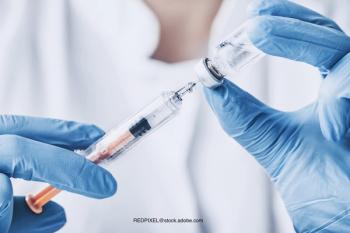
The influenza vaccine has been recommended as a key way to reduce severe influenza in children. An investigation examines how effective the 2018-2019 vaccine was in preventing hospitalization and emergency department visits.